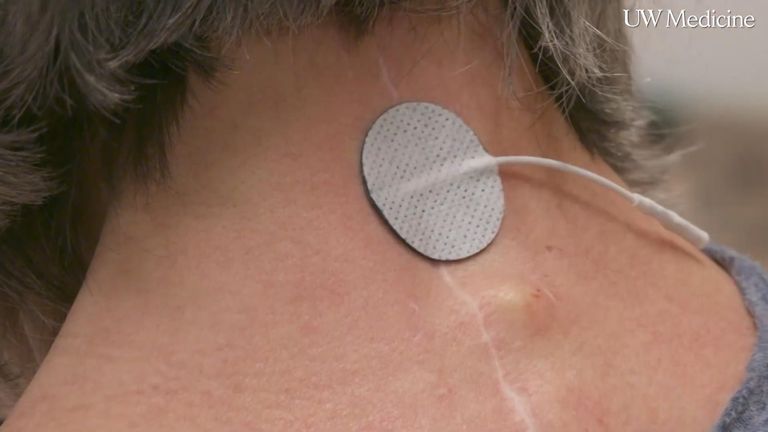Your gut microbiome could be influencing your decisions, especially when it comes to altruistic behavior and fairness.
Our bodies are home to trillions of microbes, the motherload of which are found in our guts. These microbes—collectively known as the gut microbiome—play a role in everything from our metabolism to our mental health. Research has increasingly shown that these intestinal microbes may influence our behavior too.
In a new study, published in the journal PNAS Nexus, researchers from the Paris Brain Institute and the University of Bonn in Germany set about investigating whether the composition of our microbiomes could influence our decision-making, specifically in social contexts.
The team recruited 101 participants, of which around half were given dietary supplements for seven weeks including both probiotics (so-called "good" bacteria) and prebiotics (nutrients known to promote the colonization of healthy bacteria in our guts). The rest received a placebo treatment. Before and after the intervention, participants gave blood and stool samples and were also subjected to an established behavioral test known as the "ultimatum game."
In the ultimatum game, one player is given a sum of money that must be split, fairly or unfairly, with a second player, who is free to decline the offer should they deem it insufficient. However, if they decline, neither player gets any money.
This behavior is known by psychologists as "altruistic punishment," whereby punishing the unfair behavior is more important than receiving any money yourself. As a result, the game is often used as an experimental way of measuring an individual's sensitivity to fairness.
After seven weeks on pro- and prebiotics, participants were much more likely to reject unequal offers than they were at the start of the study, even when the money split was only slightly unbalanced. The control group, meanwhile, showed no significant change in behavior between the start and end of the study.
By studying the participants' blood and stool samples, the researchers demonstrated how their supplement intervention significantly changed the composition of the participants' gut microbiomes, with the biggest changes in behavior seen in those who had the "unhealthiest" microbiomes at the start of the study.
"These results improve our understanding of the bidirectional role body-brain interactions play in social decision-making and why humans at times act 'irrationally' according to standard economic theory," the authors write.
"Our findings challenge the classical view in cognitive sciences that complex behaviors such as social decision-making are only a function of higher cognitive processes located in cortical brain areas.
"Here, with a subtle dietary intervention over the course of seven weeks, we demonstrated for the first time (to the best of our knowledge) a causal effect of changing the gut microbiome on altruistic punishment behavior."
It truly brings a whole new meaning to "going with your gut."
Is there a health problem that's worrying you? Let us know via health@newsweek.com. We can ask experts for advice, and your story could be featured in Newsweek.
Disclaimer: The copyright of this article belongs to the original author. Reposting this article is solely for the purpose of information dissemination and does not constitute any investment advice. If there is any infringement, please contact us immediately. We will make corrections or deletions as necessary. Thank you.



